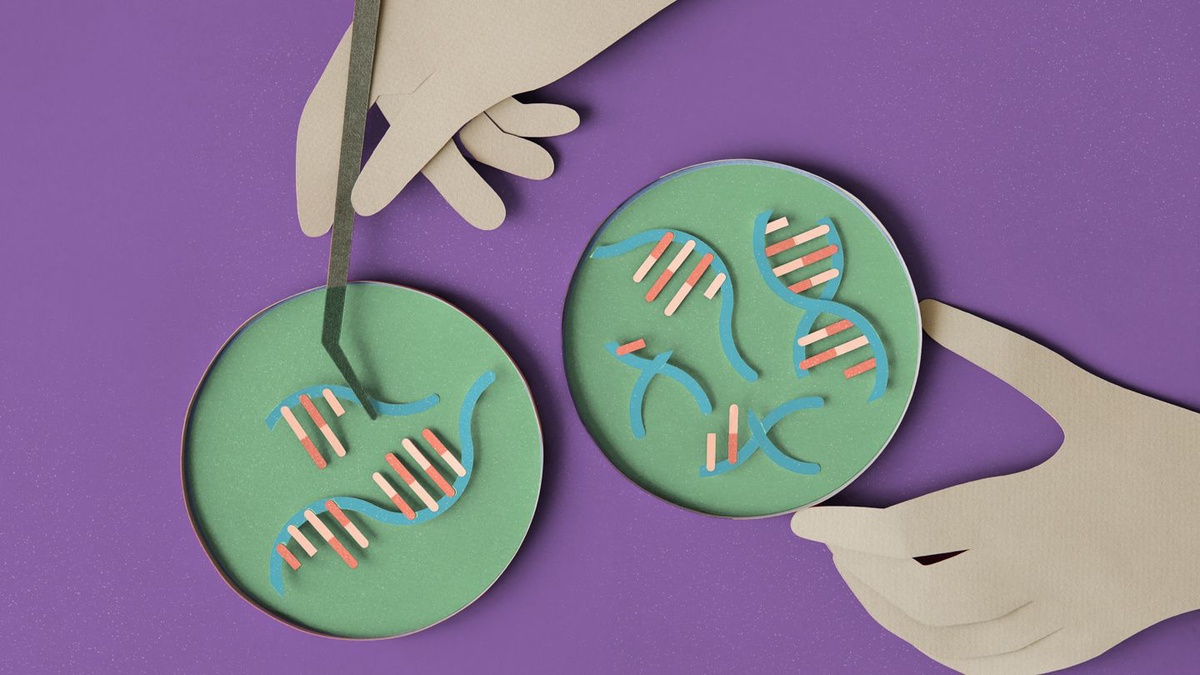Diabetes and high cholesterol are two common health conditions that can have a significant impact on a person's quality of life.
Research has shown that both diabetes and high cholesterol have a hereditary component, meaning that they can be passed down from one generation to the next. Understanding the genetic factors that contribute to these conditions can help individuals and their healthcare providers make informed decisions about prevention, management, and treatment. Consult Dr Spages for the best diet to lose weight.
Genetics and diabetes
Diabetes is a chronic condition that affects the body's ability to produce or use insulin, a hormone that regulates blood sugar levels. While lifestyle factors like diet and exercise can play a role in the development of diabetes, there are also genetic factors at play.
There are several genes that have been linked to an increased risk of developing diabetes, including the TCF7L2 gene, which is involved in insulin secretion and glucose metabolism, and the HNF1A gene, which is involved in the production of insulin. Additionally, certain genetic variations can affect how the body responds to insulin, making it harder to regulate blood sugar levels.
While having a genetic predisposition to diabetes does not guarantee that a person will develop the condition, it can increase the risk. Individuals with a family history of diabetes should be aware of their risk and take steps to prevent or manage the condition.
Genetics and high cholesterol
Cholesterol is a type of fat that is found in the blood. While the body needs some cholesterol to function properly, too much can be harmful, increasing the risk of heart disease and stroke. Like diabetes, there are genetic factors that can contribute to high cholesterol levels.
Familial hypercholesterolemia (FH) is a genetic condition that causes high levels of LDL cholesterol, also known as "bad" cholesterol. FH is caused by mutations in the genes that control the way the body processes cholesterol, making it harder for the body to remove excess cholesterol from the blood.
While FH is a rare condition, there are also more common genetic variations that can increase the risk of high cholesterol. The APOE gene, for example, has been linked to an increased risk of both high cholesterol and Alzheimer's disease.
Managing genetic risk factors
While genetics can play a role in the development of diabetes and high cholesterol, there are steps that individuals can take to manage their risk.
For individuals with a family history of diabetes, lifestyle factors like diet and exercise are especially important. Eating a healthy diet rich in fruits, vegetables, and whole grains, and getting regular exercise can help prevent or delay the onset of diabetes. Additionally, individuals with a genetic predisposition to diabetes should be aware of their blood sugar levels and work closely with their healthcare provider to manage the condition if it develops.
For individuals with a genetic predisposition to high cholesterol, lifestyle changes like a healthy diet and regular exercise can also be helpful. In some cases, medications like statins may be necessary to manage cholesterol levels.
Ultimately, understanding the role of genetics in diabetes and cholesterol is an important step in preventing, managing, and treating these conditions. By working closely with healthcare providers and making positive lifestyle changes, individuals can take control of their health and reduce their risk of these common health conditions.
Key Takeaways
In addition to lifestyle changes and medical treatments, genetic testing can also play a role in managing the risk of diabetes and high cholesterol. Genetic testing can identify genetic variations that increase the risk of these conditions, allowing individuals and their healthcare providers to take steps to prevent or manage them. For example, if a genetic test reveals a high risk of developing diabetes, individuals can take steps to prevent the condition by making lifestyle changes or taking medications as prescribed.
It's important to note that genetics is just one piece of the puzzle when it comes to diabetes and high cholesterol. Lifestyle factors like diet, exercise, and smoking can also have a significant impact on these conditions. Additionally, other factors like age, gender, and ethnicity can also influence a person's risk of developing these conditions.


No comments yet